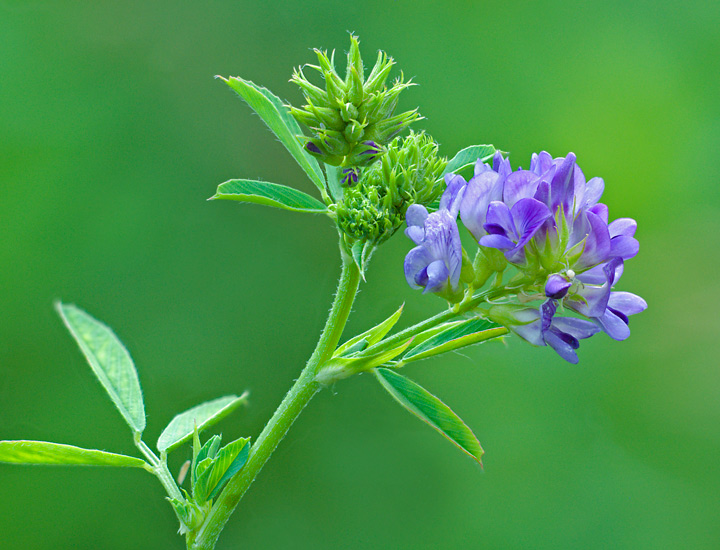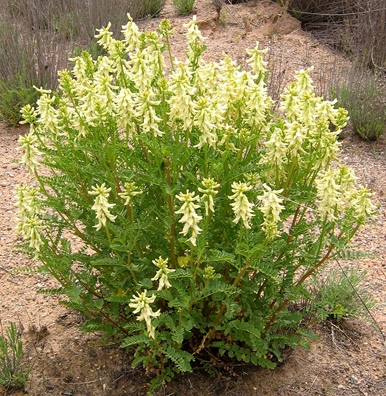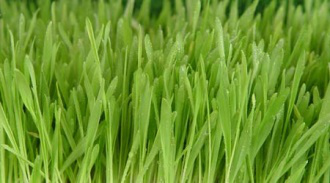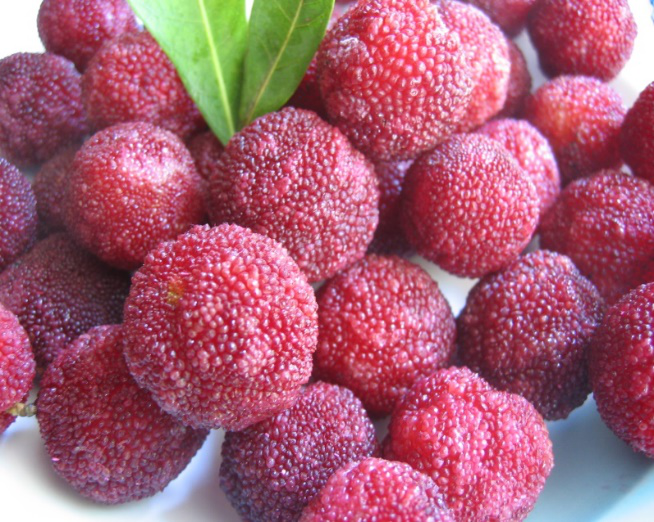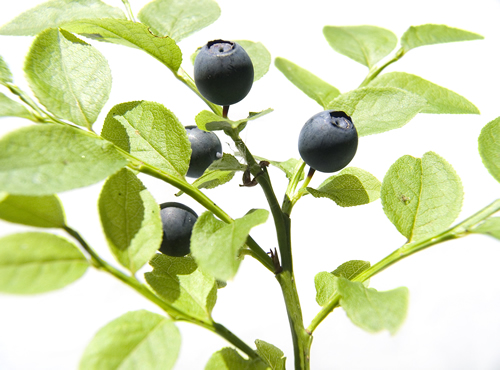Lobelia Powder
-
$3.95
- Availability: In Stock
Botanical: Lobelia inflata Other common names: Indian Tobacco, Wild Tobacco, Asthma Weed, Rag Root, Bladderpod, Vomitroot, Puke Weed, Vomitwort, Emetic Herb, Emetic Weed, Gag Root, Cardinal Flower, Red Lobelia, Scarlet Lobelia Lobelia is an old and controversial herb with an interesting past as a "cure-all" and a bright future. Recent experiments...
Botanical: Lobelia inflata
Other common names: Indian Tobacco, Wild Tobacco, Asthma Weed, Rag Root, Bladderpod, Vomitroot, Puke Weed, Vomitwort, Emetic Herb, Emetic Weed, Gag Root, Cardinal Flower, Red Lobelia, Scarlet Lobelia
Lobelia is an old and controversial herb with an interesting past as a "cure-all" and a bright future. Recent experiments have claimed that the herb may be helpful to smokers who wish to "quit the habit" and have tried all other remedies without success. It is believed to make the taste of nicotine repulsive. At the same time, Lobelia is also supposed to calm the nerves and relax the muscles of the body. Many people say it even helps to ease mild depression.
Country of Origin: United States.
Beneficial Uses:
Lobelia has been used for centuries as an expectorant that promotes the expulsion of phlegm from the lungs and is believed to be helpful in cases of asthma, bronchitis, whooping cough, pleurisy and other breathing problems.
As a relaxant and antispasmodic, Lobelia is said to relax smooth muscle and has thus been useful in easing muscle tension and convulsions, and calming the nerves. It has also been thought to relieve mild depression, hyperactivity and possibly even induce a state of euphoria. In times past, the herb was commonly employed in midwifery to alleviate rigidity of the pelvic musculature and as a sedative to relax women preparing for childbirth.
Lobelia is considered a diaphoretic that acts to promote and increase perspiration, which helps to lower fever and cool the body (also ridding the body of toxins through the skin). This action may also be beneficial in cases of colds and flu.
Used externally, Lobelia acts as a topical anti-inflammatory that helps to reduce inflammation and pain and is often used in poultices for bruises, sprains, ringworm, poison ivy irritation, skin diseases, poisonous stings, insect bites, whiplash, rheumatism, tennis elbow, boils and ulcers.
Lobelia is a highly controversial herb, but current evidence suggests that it may aid smokers to "quit the habit," as it produces similar effects as the nicotine in tobacco and is thought to make the taste of tobacco repulsive.
As an emetic, Lobelia will induce nausea and vomiting. This acrid herb is also said to stimulate respiration and was once used to stimulate the respiration of newborn infants. When overused, however, it will cause vomiting, drowsiness, weakened pulse and respiratory failure; and great care should be exercised with its use. It is recommended that Lobelia always be used in consultation with a health care provider.
Contraindications:
Great care should be exercised with the use of Lobelia, since it has poisonous potential and is controversial. Overuse is very dangerous to one's health, and the herb should always be used under supervision of a health care provider. Pregnant and nursing women and people with high blood pressure should not use Lobelia. Overdoses of the herb (many times the recommended amounts) produce vomiting, sweating, pain, paralysis, depressed temperatures, rapid (but feeble) pulse, collapse and possibly coma and death.
The plant itself is harmful if eaten, and the U.S.F.D.A. has declared it poisonous; therefore, this herb should always be used under the supervision of a health care provider when taking it for specific ailments. Before taking Lobelia, speak with your doctor first if you smoke, chew tobacco or use nicotine substitutes (Nicoderm®, Habitrol®, Nicotrol®), Nicorette®), taking them together may make you have more side effects of nicotine.



